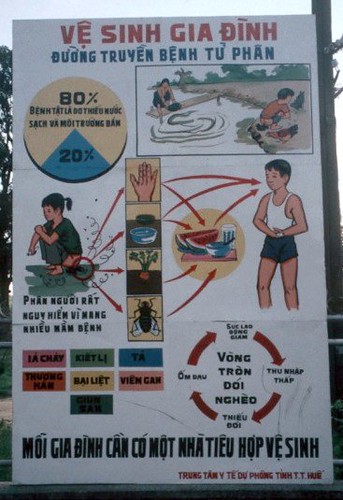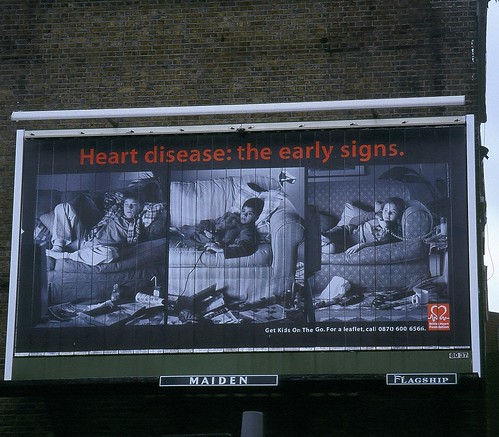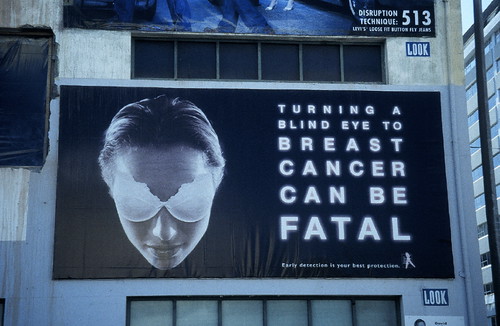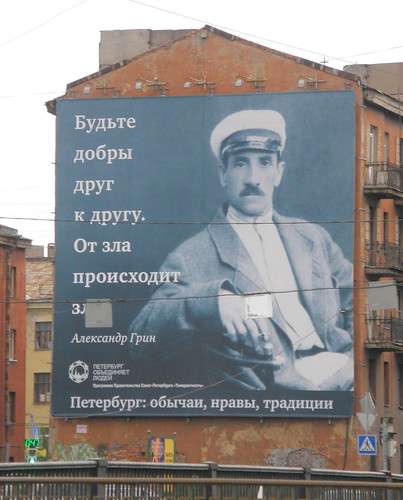Tuesday, 4:00pm
14 June 2011
Ads for good

Billboard strategies in cross-cultural social service advertising campaigns

Social service and government advertising has been used in industrialised countries for most of the twentieth century, writes Lynne Ciochetto.
In recent decades, as ‘emerging markets’ have embraced modernisation, these forms of advertising have found a home in more and more countries.
Snapshot studies of outdoor advertising during short visits to some of these once ‘developing’ (now termed ‘emerging’) countries reveal very different national preoccupations and often reflect very different historical legacies. Often the result of colonialism and resulting ‘underdevelopment’, many countries were worse off under colonialism and were left with both economic and social structural imbalances.
Top: USA. After many decades of battle, the anti-smoking lobby finally proved that the cigarette companies had known for decades about the harmful effects of cigarette smoking on health. In 1970 the US government finally legislated against cigarette advertising on television and radio. New advertisements, like the example above, were part of the government’s anti-smoking campaign. Tobacco companies are now focusing on expanding their markets in ‘emerging economies’.
Below: Vietnam. Basic health awareness poster, 1997.
Above: Britain. Britain is one of many countries with a ‘child obesity epidemic’, one of the many manifestations of a dominant consumer culture. The problem has clear links with an increase in consumption of fast food and a decline in physical outdoor activities.
Below: New Zealand. Raising awareness about health issues and especially taking preventative action is another concern of western countries. This campaign in New Zealand was aimed at prompting women to have regular checks for breast cancer as they become older and more at risk.
Above: Russia. This advertisement from St Petersburg (2008), showing Russian poet Alexandr Grin (1880-1932), taps into Russia’s cultural and artistic heritage. It reads: ‘Be kind to one another. Malice is the source of evil.’
Below: Russia. Anti-litter poster.
Above: Cambodia. Campaign against child sex tourism, a major problem in South East Asia.
Below: Cambodia. ‘Hand in your weapons: amnesty.’ Cambodia had been a French colony since the nineteenth century and its history since 1945 has not been easy. It is only a decade and a half since the brutality of the Pol Pot regime unleashed genocide on the Cambodian people. The Communist government has been in power since then and this initiative is attempt to put the past behind them and foster a peaceful modern society.
Lynne Ciochetto is Associate Professor at the College of Creative Arts, Massey University, Wellington, New Zealand.
More by Lynne Ciochetto on the Eye blog.
Eye is the world’s most beautiful and collectable graphic design journal, published quarterly for professional designers, students and anyone interested in critical, informed writing about graphic design and visual culture. It’s available from all good design bookshops and online at the Eye shop. For a taste of no. 79, see Eye before you buy on Issuu. Eye 79, Spring 2011, is out now.







